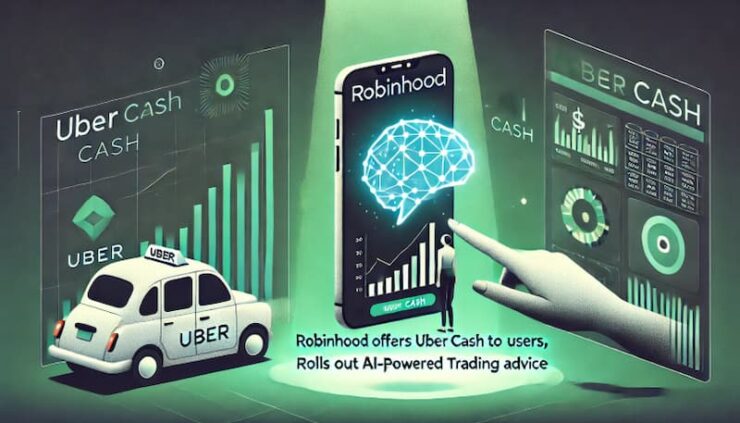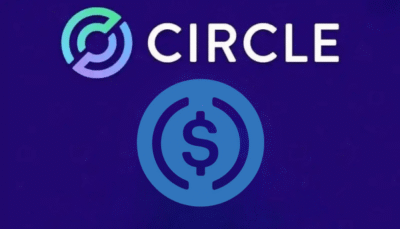Robinhood is reshaping the user experience by bringing together AI-powered trading advice and on-demand cash delivery, a first-of-its-kind blend of fintech convenience and lifestyle perks.
In a blog post on March 27, the trading platform announced two major updates: the launch of savings accounts with home cash delivery for its premium users and the upcoming release of an AI research assistant named Cortex, built to help users make smarter trading decisions.
The new feature, offered through Robinhood Banking in partnership with Coastal Community Bank, allows Gold subscribers to open savings accounts and order physical cash deliveries, just like calling an Uber or ordering food.
“You could be sitting at home and decide to get a cash delivery the same way you’d want to order an Uber or a Postmates,” said Robinhood CEO Vlad Tenev in a livestream.
Tenev noted that while food and grocery delivery services have exploded in recent years, banking has remained anchored to physical branches and ATMs. Robinhood’s goal is to modernize that experience.
While full details on delivery logistics remain unclear, the company stated that service availability will depend on geography and travel routes, with no mention yet of who handles deliveries.
AI Assistant Cortex Promises Smarter Trades
Robinhood is also preparing to launch Cortex, an AI-powered research assistant designed to give Gold users insights on market trends, stock movement, and potential trades.
After speaking with thousands of users, Tenev said the team spent two years developing Cortex, integrating feedback to help traders find their edge in a crowded market.
The feature will roll out later this year and be exclusive to Gold members, who currently pay $5 per month for premium services.
Robinhood’s broader vision includes more than traditional equities. The company confirmed upcoming plans for Robinhood Strategies, a platform offering curated mixes of stocks and ETFs, designed for users looking for semi-managed exposure.
Meanwhile, the firm continues to expand into crypto and derivatives. It recently listed memecoins like Pengu (PENGU), Pnut (PNUT), and Popcat (POPCAT), and in January rolled out Bitcoin futures contracts.
On March 17, the company launched a prediction markets hub, allowing users to bet on real-world events, an announcement that triggered an 8% spike in Robinhood’s stock at the time.
What’s Next
Robinhood’s strategy reveals a clear pivot toward integrated financial experiences—merging banking, investing, crypto, and AI under one lifestyle-first umbrella.
While HOOD shares closed down 7.1% on March 26, and dipped another 2.84% after hours, the company’s product roadmap signals long-term ambition that may resonate with a younger, tech-savvy user base.
As Robinhood blends personal finance with convenience and automation, the platform is steadily positioning itself not just as a broker, but as a next-generation financial hub.





